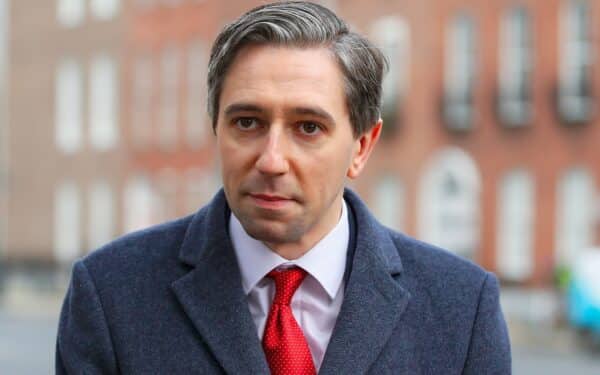The other day, a chap with whom I’d hitherto got on fine embraced me at a London party, then realised from the conversation what I’d become. “I’d rather spend an evening with a child molester than with a Brexiteer,” he said, and went away.
If you think that’s bad, try being an Irish Brexiteer, for most of my countrymen see an Irish person voting Leave as the ultimate traitor.
I believe the EU to be a busted flush and think both islands would be better off out of it, but I agonised long and hard before I voted precisely because it would be awful news for the Republic unless and until it precipitates an Irexit. Which for now, it won’t. Northern Ireland is even more complicated, since 88% of nationalists voted Remain, against 34% of unionists.
From the nationalist perspective, Irish nationalism is good, progressive and cosmopolitan, while English or Ulster nationalism is propelled by racism, stupidity, xenophobia and bigotry. They’re “backward”, explained a Guardian journalist with whom I was arguing on SKY TV about the Democratic Unionist Party. Many decades of Sinn Fein demonising unionists in order to justify the IRA murder campaign, coupled with Ulster Protestants’ belief in a Christian God and family values and distrust and dislike of smarming or schmoozing, has ensured that that opinion is as common in the Republic as it is in London left-wing circles. And while Anglophobia has ceased to be a defining characteristic of most Irish people, it is alive and well among northern nationalists.
Viscerally, though, Irish nationalists feel that the EU has protected them from being bullied by the big neighbour that dominated Ireland for hundreds of years. It’s hard to persuade them being under the boot of the British was a hell of a sight better than being subject to the Germans, the Portuguese, the Ottomans, the Spaniards or – as we say in Ireland – whatever you’re having yourself. Historically my tribe (Irish Catholic) did not grasp that British governments had good reason to see Ireland as a dangerous entry point for Continental enemies but instead saw those invaders as disinterested saviours. Which explains why Irish revolutionaries blithely allied themselves with the Germans in both world wars.
Quite apart from the economic bonanza of the early days, the EU enhanced national self-respect as Irish diplomats proved the equal of any and Ireland deluded itself that it carried the same clout as all other EU members. Learned dependency was such that there was little resistance to the post-2008 bullying that forced the Irish taxpayer to bail out German bondholders. Irish and British politicians and diplomats had become best mates through the Good Friday Agreement negotiations and in the EU corridors, hence the sense of complete betrayal when the referendum turned the UK unexpectedly into a party pooper.
The wily old ex-Taoiseach Bertie Ahern was on the Today programme recently insisting that a hard border is avoidable with the help of clever technology and the intelligent use of the blind eye. But no one at home is listening. Most Irish nationalist politicians engage in wishful thinking: the Brits will change their minds or at least let Northern Ireland stay in the customs union and the single market even though that in practice would fracture the union. And they refuse to accept genuine protestations from the British government and the DUP that they don’t want a hard border, and rather than working with them to find practical solutions and push for a free trade agreement that works for everyone, they are placing their faith in the Commission. Have any of them read Yanis Varoufakis’s Adults in the Room to find out what happens to a small country that does that?
The hurt, fear and confusion in Ireland offers a happy hunting ground for the grievance-mongers and spreaders of mistrust and hatred that lead the Sinn Fein party north and south. In Northern Ireland (to which Sinn Fein ministers refuse to give its proper name but instead insultingly call “the North” or the “Six Counties”) they have been stoking up hysteria about Brexit and demanding that Ireland veto moving to the second phase. Gerry Adams – whose announcement of his retirement is as trustworthy as his assertion that he was never in the IRA – explains: “We need to be standing very firm. The North needs to be kept in the European Union.” The party is now explaining that the threat to peace if there is a hardened” border will not be confined to dissidents: “it goes right down to a feeling of civil disobedience” and anger and frustration among “normal people in civil society.” That is a not so-coded warning of organised street agitation, the consequences of which will be blamed on the Brits and the Leavers by Irish nationalists and apoplectic London Remainers alike.



